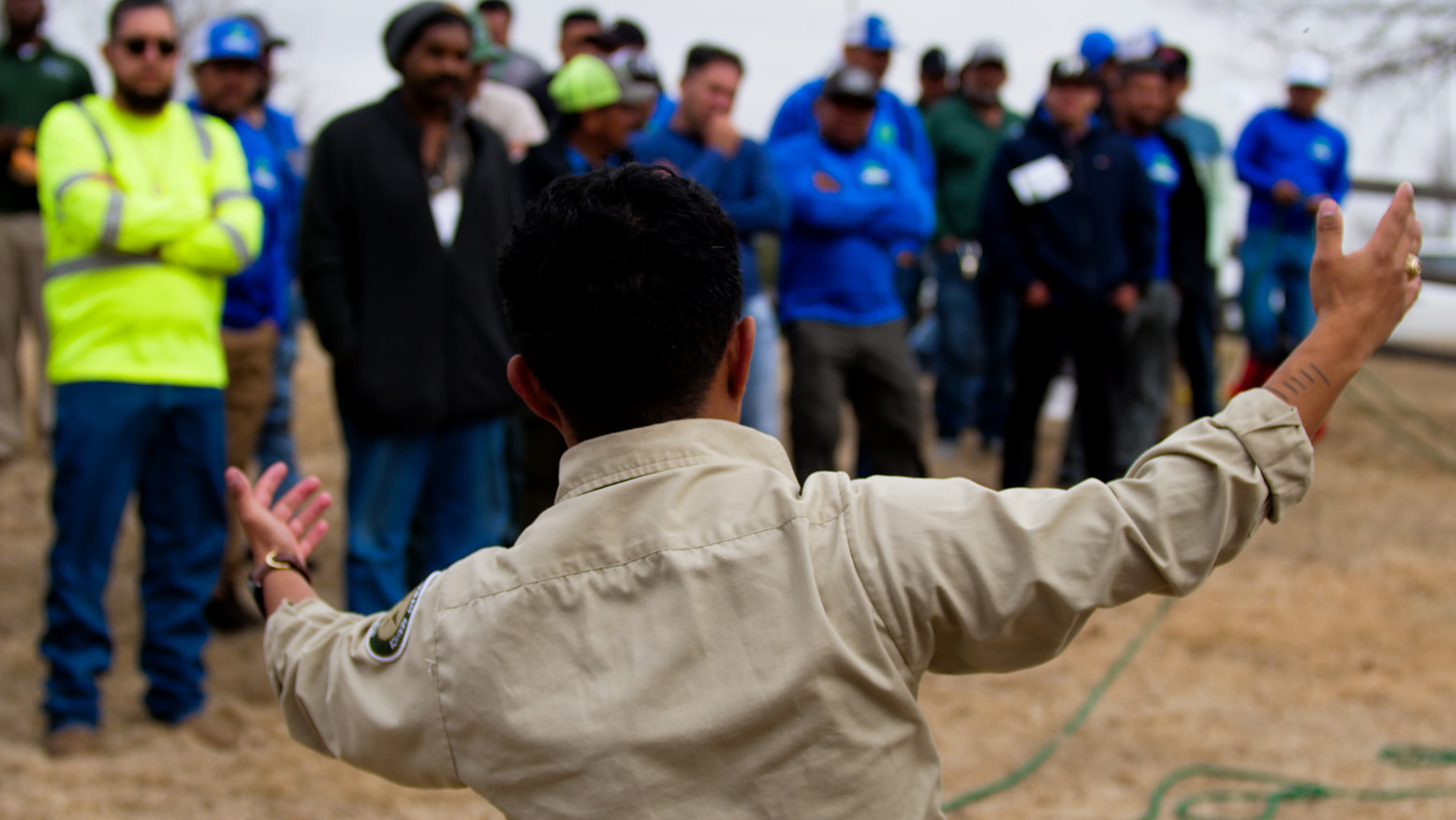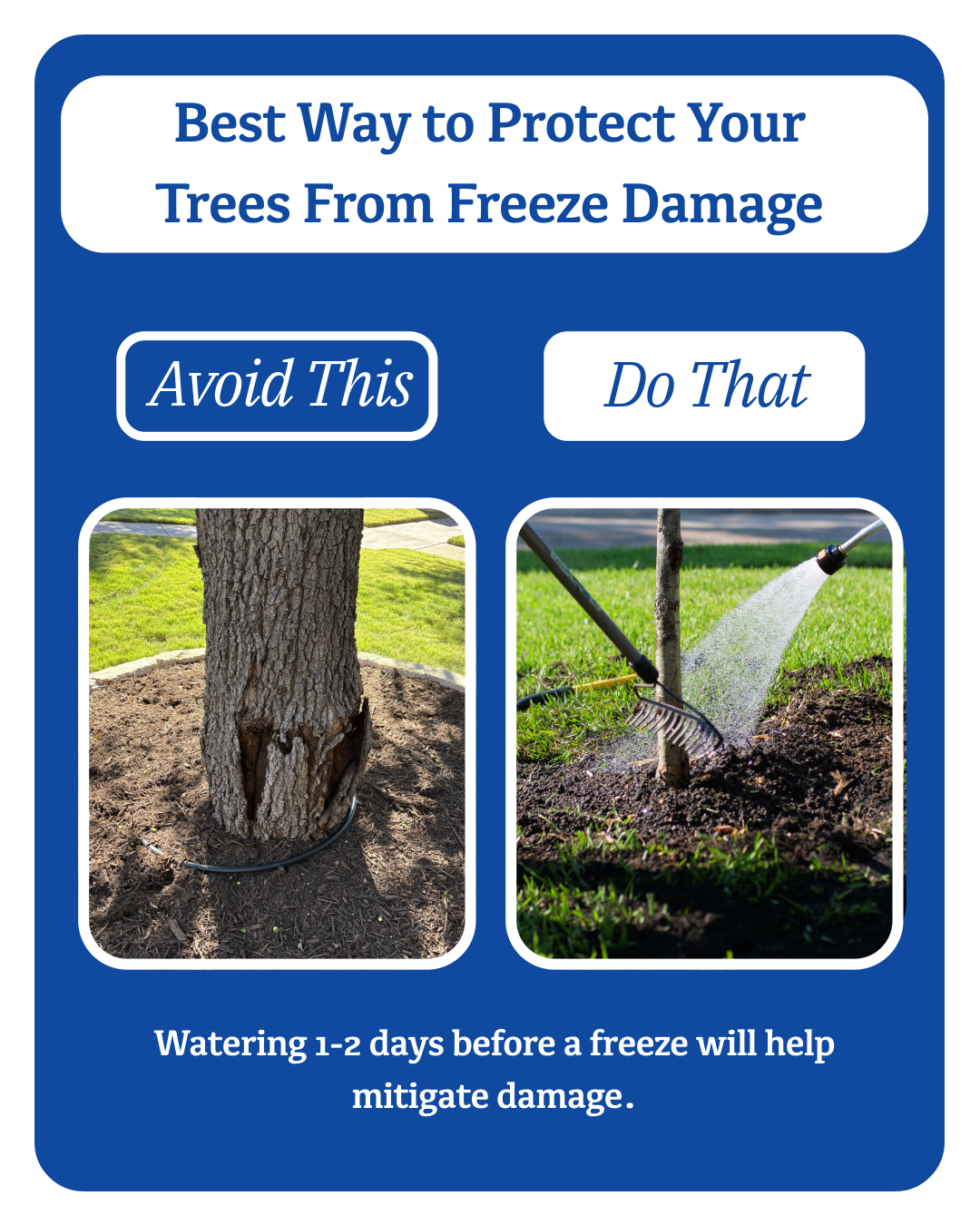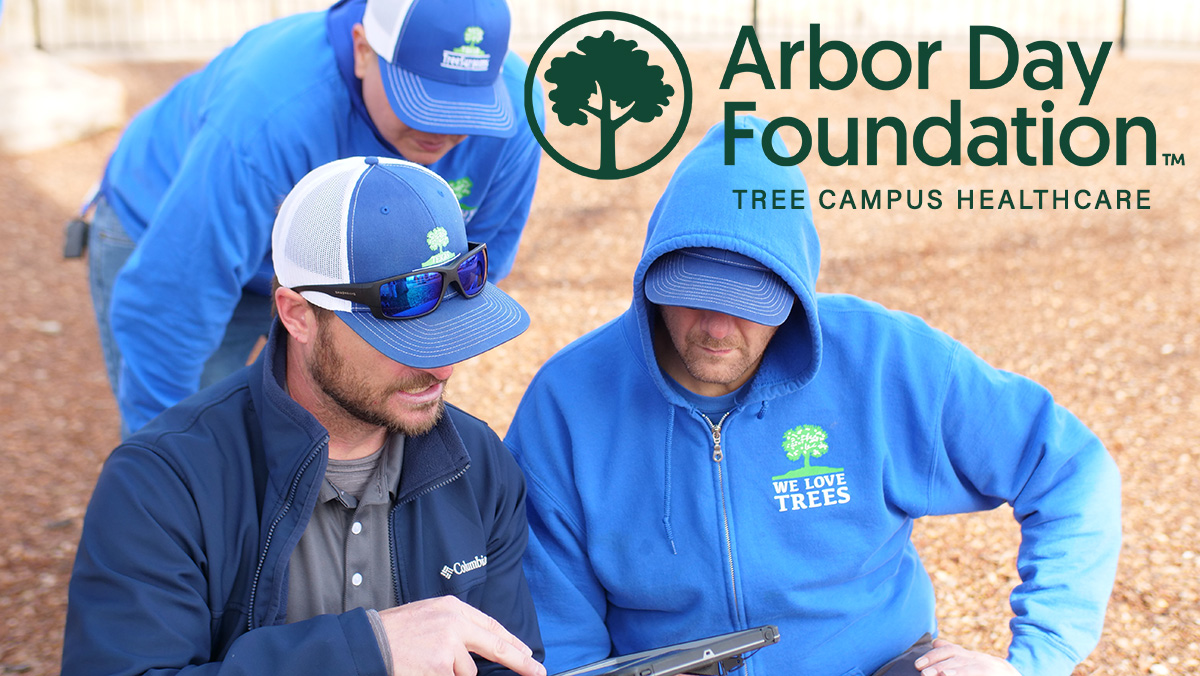What are “Tree Surgeons?”

There are many different names used to identify people who care for trees: tree trimmers, arborists, landscapers, etc. In Europe and other parts of the world, professionals who care for trees are often called “tree surgeons.” While that term is not in common use in North Texas, it does a great job of describing the level of care and attention that goes into properly trimming a tree.
What is the Difference between an Arborist and a Tree Surgeon?
Like “arborist,” the term “tree surgeon” could be applied, generally, to anyone who trims or otherwise cares for trees. In the US, there is no standard definition of “tree surgeon,” “arborist,” or any other general term. While some states have licensing for tree workers, there is no state arborist license in Texas. Luckily, the International Society of Arboriculture(ISA) has established a world-wide standard for tree worker education, training and certification. No matter what city, state, or country you are in, finding an ISA Certified Arborist(r) guarantees that the individual has experience and proven knowledge in the field of tree care. For more information about certified arborists, read our previous post.
How Can I Find a Reputable Tree Surgeon Near Me?
While anyone can call themselves a “tree surgeon” or “arborist,” there are a few important considerations to keep in mind when hiring a tree care service:
-
Credentials
-
The most important credential a tree worker can have is ISA Certified Arborist
-
Find certified arborists in your area at https://treesaregood.com
-
This shows a proven understanding of tree health and biology, as well as industry-standard tree care practices
-
Additionally, there are specializations that an ISA Certified Arborist can attain
-
Tree Risk Assessment Qualification – for evaluating and remedying hazards related to a tree’s structure
-
Texas Oak Wilt Qualification – a local specialization for managing the oak wilt disease in Texas
-
Utility, municipal, etc. specializations – for arborists working in specific practice areas
-
-
-
If a company is applying pesticide or other regulated chemicals, they must employ someone with an applicator’s license
-
In Texas, these are administered by the Texas Department of Agriculture
-
-
Other certifications offered by organizations such as the Tree Care Industry Association or individual state licensing boards may indicate training or experience, but are not as comprehensive or universal as ISA certification.
-
-
Insurance
-
Make sure that the company has coverage for damages or accidents that occur on your property
-
Ask to see a copy of their Certificate of Insurance, and don’t be afraid to call their insurers to verify coverage
-
-
-
Reviews
-
Online reviews can give a good idea of past customers’ experiences with the company
-
Be wary of fake-sounding reviews
-
Keep in mind that some review platforms may allow companies to pay to remove bad reviews
-
-
Neighborhood-based social networks can be a good source for word-of-mouth referrals
-
-
Customer Service
-
Any company you contact should have a easily-understandable procedure and good communication
-
Ask questions up front (such as about insurance, etc.) to avoid surprises later
-
Be wary of high-pressure sales tactics or too-good-to-be-true claims
-
Always feel free to get a second opinion
-
-
At Texas Tree Surgeons, we love trees and we love our community! We are proud to call ourselves “tree surgeons,” and are dedicated to providing the best in tree care and customer service. We have ISA Certified Arborists on staff, who are ready to answer any question you have about caring for your trees. In addition, we have several ISA Board Certified Master Arborists, and an ASCA Registered Consulting Arborist, each of whom have years of experience and have undergone extensive training and examination to attain those credentials. Just like medical practices, we are a team made up of individuals with different specialties and responsibilities, from the ISA Certified Arborists who evaluate your tree care needs, to the TDA Licensed Applicators who perform our Plant Health Care treatments, to our customer service professionals who ensure that communications among all parties happen seamlessly and efficiently. Want one of our professional tree surgeons out to take a look at your trees? Let us know!
Related Blogs
Similar blogs related to this topic


Third Annual North Texas Bilingual Tree Care and Safety Workshop
At Texas Tree Surgeons, a big part of our culture is education. Sharing information with our customers, taking courses, acquiring certifications, and encouraging development with our employees. We are dedicated to making sure everyone on…
Read more

Here's the one thing you can do to help your trees ahead of the winter storm
Excerpt from WFAA of owner, Amy Langbein Heath discussing what to do to prepare for this winters forecasted freeze and snow. Share This Blog
Read more

How to Become a Designated Arbor Day Foundation Tree Campus Healthcare
Tree Campus Healthcare recognizes hospitals, rehabilitation centers, and senior-care facilities that integrate trees into their wellness and healing environments. Trees on medical campuses reduce patient stress, support recovery, and improve overall staff well-being. To become…
Read more
